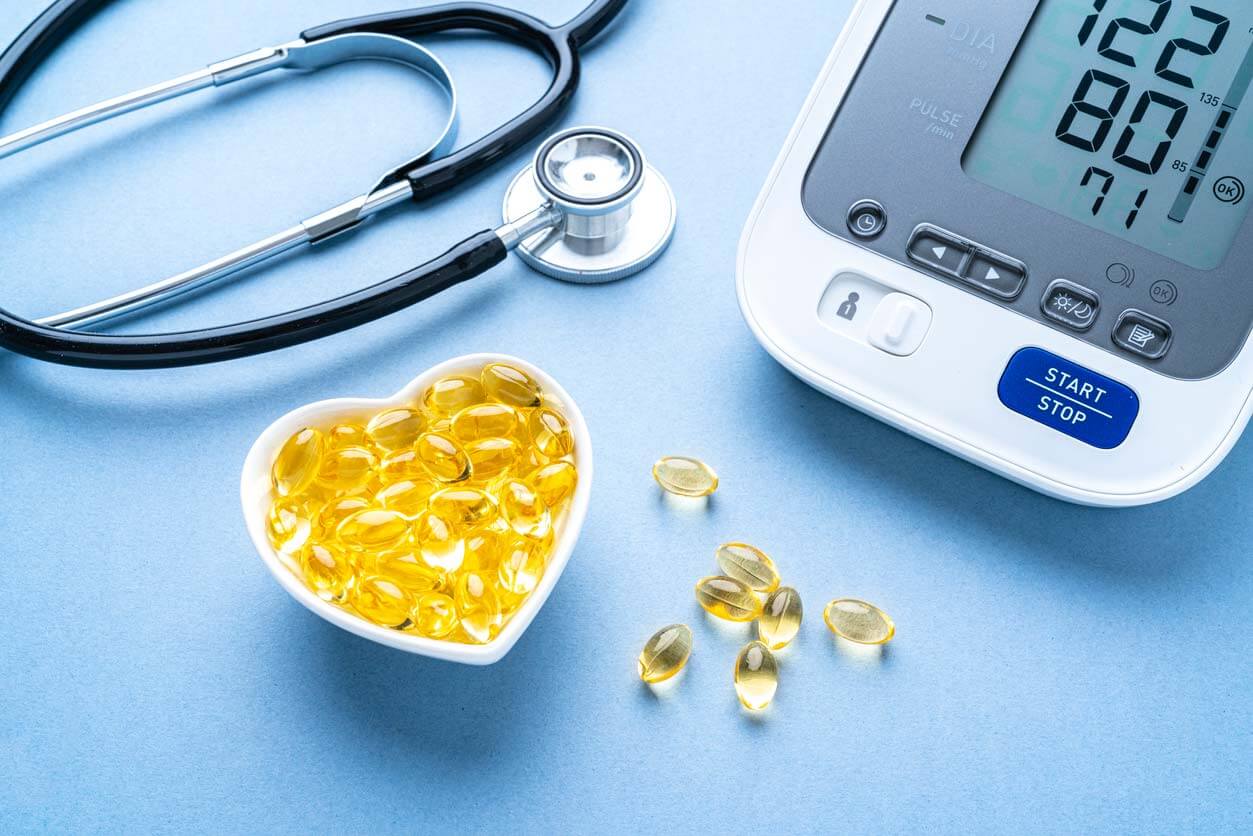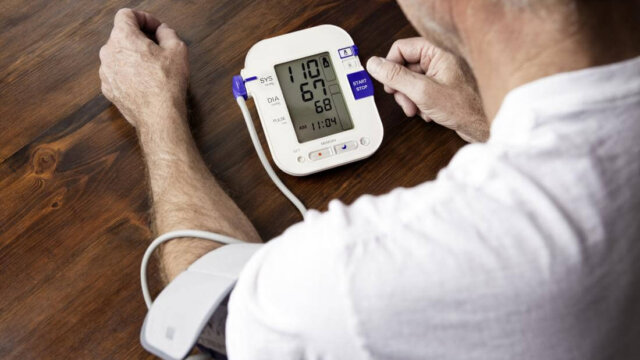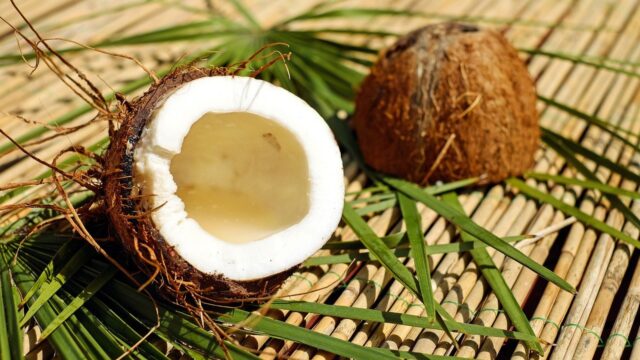FTC disclaimer: This post may contains affiliate links and we will be compensated if you click on a link and make a purchase.
Does fish oil lower blood pressure?
Fish oil and blood pressure go hand in hand because fish oil is good for your heart and cardiovascular system.
According to research, it was estimated that more than 26% of the world population is subjected to elevated blood pressure. Moreover, elevated blood pressure leads to cardiovascular diseases such as stroke, heart attack, and heart failure.
Also, cardiovascular disease is the leading cause of death worldwide. It was further estimated that high blood pressure accounts for 62% of death by stroke and 49% of death by coronary heart disease.
However, the research has stated that more than 73 million American people have high blood pressure, out of which 50% have uncontrolled high blood pressure.
It is a condition that is on the rise among the youth of America. The question is not, is high blood pressure dangerous; instead, the question should address how we need to deal with this issue.
How Omega-3 fish oil helps to lower blood pressure?
According to research, the fish oil in high dosage significantly helps lower blood pressure.
Further, a study has stated that long-chain omega-3 fatty acids such as DHA have diverse effects on health, including cardiovascular, immune, and nervous systems.
According to research, long-chain omega-3 fatty acids thin your blood. It helps keep your arterial system healthy and prevents cholesterol from lodging on your artery walls.
Another study has stated that Omega-3 fatty acids significantly lower blood pressure, but it has no effects on lipid profile.
However, the study was conducted on type 2 diabetes patients. It was observed that there is a significant reduction in systolic and diastolic pressure in the group taking Omega-3 supplements than in the placebo group.
What is the leading cause of high blood pressure?
The two main causes of high blood pressure are diet and a sedentary lifestyle.
A diet high in processed food contains sugar, trans fats, and bad saturated fat, which may elevate blood pressure.
Research studies have stated that consuming the following food will reduce blood pressure.
- Fruits
- Vegetables
- Whole grains
- Legumes
- Nuts
- Fish
- Daily product
Also, reducing the following food intake will help combat high blood pressure.
- Meat
- Sweet
- Alcohol
Further, the studies have illustrated that a healthy diet and incorporating exercise will have additional benefits in lowering high blood pressure.
Moreover, the studies have revealed strong evidence for lowering blood pressure by adopting dietary patterns such as the DASH diet or Mediterranean diet.
How much is fish oil good for high blood pressure?
Several studies have mentioned that taking more than 3 grams of the fish oil supplement per day can substantially lower blood pressure.
However, before you take this much every day, consult your doctor. Overdosing on fish oil can be healthy, but it might need to be avoided if you have any side effects.
Where to get Omega-3 supplements?
Omega-3 fatty acids can be found in various foods, including supplemental vitamins.
Primary sources of Omega-3 acids can be found in fatty fishes such as mackerel and salmon due to the naturally produced EPA and DHA acids already found in the fish.
It is difficult for most individuals to convert a consumable form of Omega-3 into a useable form such as EPA and DHA. Plant-based forms of Omega-3 fatty acids will need to be converted into EPA and DHA before being absorbed.
The most useable form of Omega-3 fatty acids needs to be consumed in an unrefined and most natural state as possible as extreme heat or light will destroy the essential fatty acid.
The following products contain the highest amount of Omega-3 fatty acids that are very easily added to anyone’s diet:
- Kale
- Walnuts
- Flaxseed
- Brazil nuts
- Spinach
- Hemp seeds, hempseed oil
- Salmon
- Anchovies
- Purslane
- Pumpkin seeds
- Mackerel
- Mustard greens
- Avocados
- Flaxseed oil
- Salmon
- Collards
- Wheat germ oil
- Sardines
- Sesame seeds
- Albacore tuna.








